South Africa continues to grapple with one of the highest HIV prevalence rates in the world, with an estimated 7.8 million people living with the virus. Against this backdrop, the topic of premarital HIV testing has gained significant attention, both as a public health strategy and a social dilemma. The conversation around mandatory testing before marriage remains contentious, with arguments spanning ethical, cultural, and medical dimensions.
The idea of compulsory HIV testing before marriage is not new in South Africa. Some traditional leaders and health advocates have pushed for it as a way to reduce transmission rates, particularly in heterosexual relationships. Proponents argue that knowing one’s status before entering a marriage could lead to better health outcomes, informed decision-making, and reduced stigma. However, critics warn that such mandates could infringe on individual rights and further marginalize those already living with HIV.
Cultural and societal attitudes play a massive role in how HIV testing is perceived in South Africa. In many communities, marriage is seen as a sacred institution, and discussions about sexually transmitted infections are often considered taboo. This cultural silence can deter couples from voluntarily getting tested, even when services are available. Some fear that a positive diagnosis could lead to abandonment, discrimination, or even violence. As a result, many enter marriages without knowing their or their partner’s HIV status, perpetuating the cycle of transmission.
Public health experts emphasize that voluntary testing and counseling remain the most effective approaches. South Africa has made strides in expanding access to HIV testing, with campaigns like "Know Your Status" encouraging people to get tested regularly. Yet, the leap from voluntary testing to mandatory premarital screening is fraught with complications. For one, enforcing such a policy would require significant legal and logistical frameworks, which the government may not be equipped to handle. Additionally, there are concerns about confidentiality breaches, as test results could be weaponized in personal or community disputes.
Another layer to this issue is the economic burden. While HIV testing is free in public health facilities, the process of implementing mandatory premarital testing would require additional resources—training healthcare workers, ensuring counseling services, and managing data privacy, to name a few. In a country where healthcare systems are already strained, these added demands could divert attention from other critical areas, such as treatment and prevention programs for those already diagnosed.
Despite these challenges, some couples are taking matters into their own hands. A growing number of South African partners are opting for joint HIV testing before marriage, viewing it as an act of trust and mutual responsibility. Non-governmental organizations and grassroots movements have been instrumental in promoting this trend, framing it as a proactive step rather than a forced requirement. This shift suggests that education and awareness, rather than coercion, may be the key to increasing testing rates.
The debate over mandatory premarital HIV testing in South Africa is far from settled. While the intention behind such proposals is rooted in curbing the epidemic, the potential repercussions cannot be ignored. Balancing public health objectives with human rights considerations remains a delicate task. For now, the focus appears to be on fostering a culture of openness and voluntary testing, ensuring that individuals are empowered rather than pressured into making life-altering decisions about their health and relationships.

By Eric Ward/Apr 19, 2025

By James Moore/Apr 19, 2025

By Daniel Scott/Apr 19, 2025

By George Bailey/Apr 19, 2025

By Amanda Phillips/Apr 19, 2025

By Amanda Phillips/Apr 19, 2025

By Joshua Howard/Apr 19, 2025
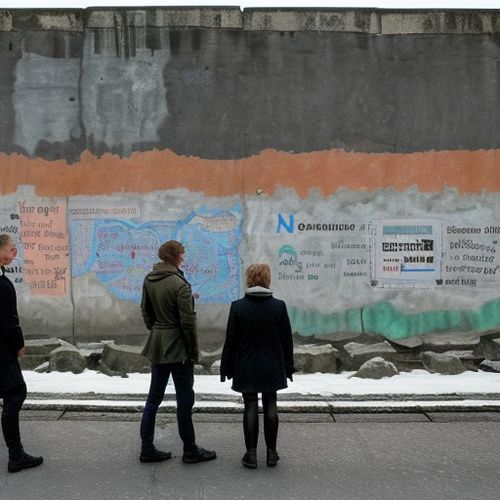
By Thomas Roberts/Apr 19, 2025

By Thomas Roberts/Apr 19, 2025

By Noah Bell/Apr 19, 2025

By James Moore/Apr 19, 2025
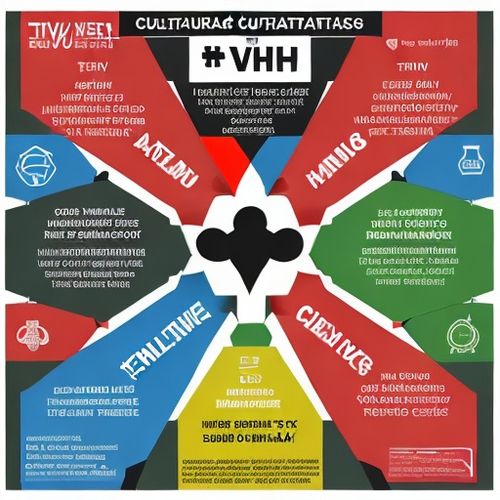
By Rebecca Stewart/Apr 19, 2025
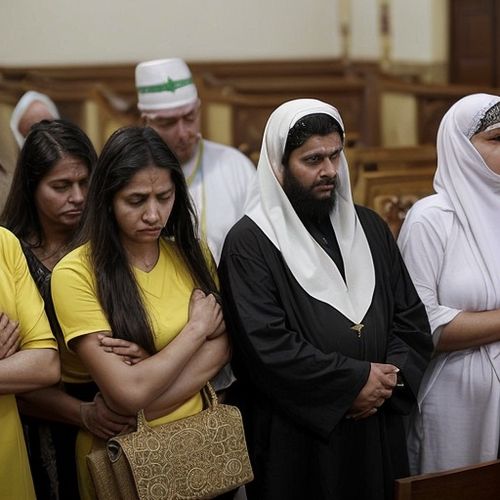
By Noah Bell/Apr 19, 2025

By Elizabeth Taylor/Apr 19, 2025
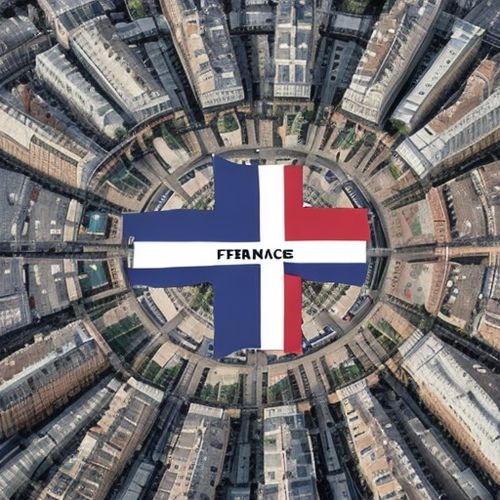
By Benjamin Evans/Apr 19, 2025
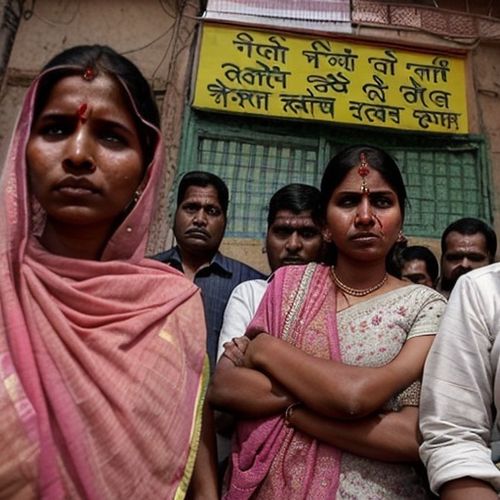
By Laura Wilson/Apr 19, 2025
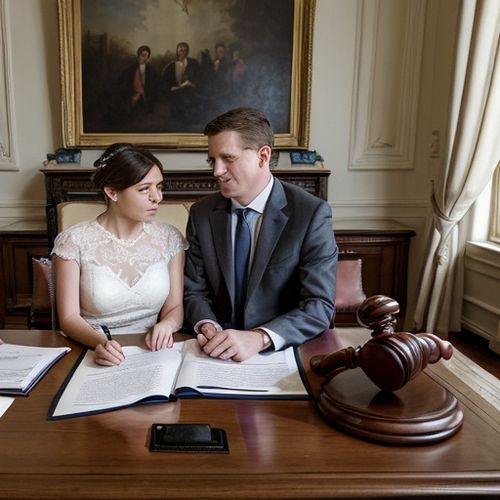
By Victoria Gonzalez/Apr 19, 2025

By Laura Wilson/Apr 19, 2025
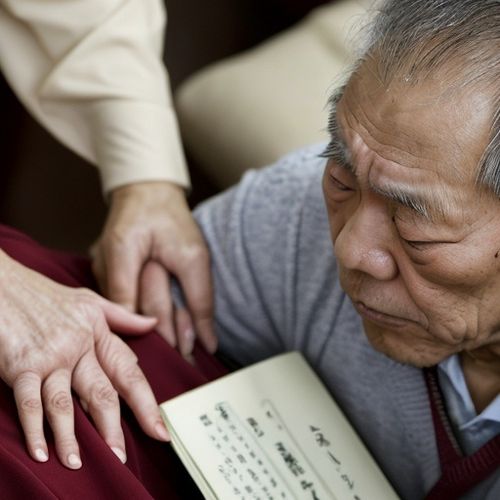
By Laura Wilson/Apr 19, 2025

By Sophia Lewis/Apr 19, 2025